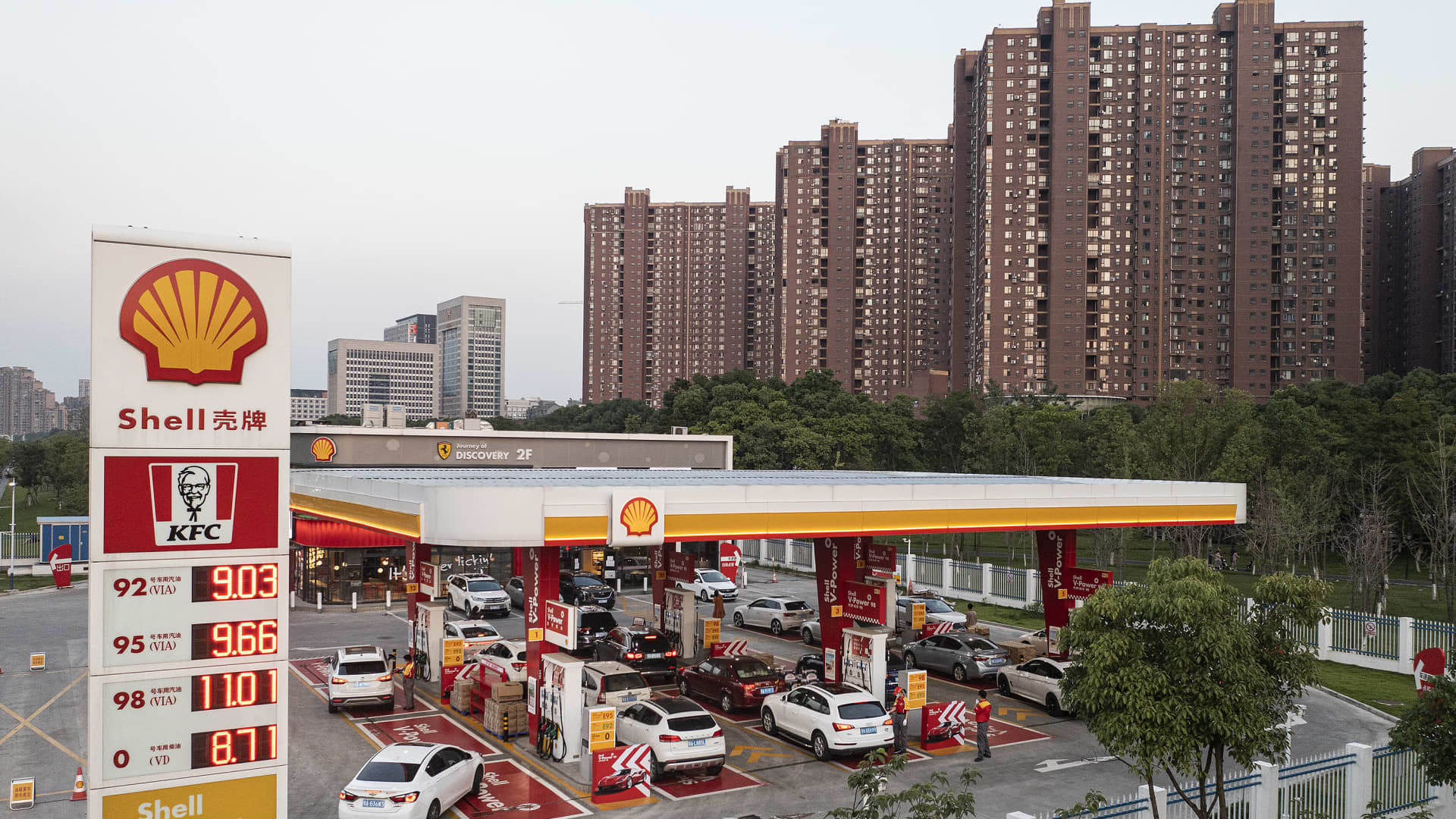Shell, the British energy giant, is focusing on increasing its oil and gas production in the near term to generate profits. At the same time, the company is expanding its network of electric vehicle (EV) charging stations across Asia.
During an interview on CNBC’s “Squawk Box,” Shell CEO Wael Sawan admitted uncertainty about the future demand for oil and gas in the next 10 to 15 years, stating that predicting such trends accurately would be highly lucrative. However, Sawan emphasized that Shell expects strong and steady demand for oil and gas in the short and medium term. He affirmed the company’s long-term commitment to its oil and gas businesses.
Shell plans to invest $10 to $15 billion between 2023 and 2025 in low-carbon energy technologies, including biofuels, hydrogen, electric vehicle charging infrastructure, and carbon capture. In 2022, Shell reported a profit of over $42 billion.
One specific area of focus for Shell is the development of EV charging stations, particularly in Asia. With 46,000 retail sites worldwide, Shell sees the opportunity to leverage existing locations where it sells fuel for internal combustion engines and install EV chargers. Sawan highlighted the significant adoption of electric vehicles in China, with EV charging customers visiting Shell’s stations twice as frequently as customers with internal combustion engines.
China, which witnessed sales of 3.3 million EVs in 2021, three times more than in 2020, is a crucial market for public charging infrastructure due to the high-rise living conditions that make personal charging setups difficult for residents. Europe follows China as the second-largest EV market, according to the International Energy Agency (IEA).
Another area of low-carbon investment for Shell is biofuels, which involve blending organic and waste materials with gasoline. The demand for biofuels is driven by regulatory pressures in various parts of the world.
Shell’s strategy encompasses both the short-term focus on oil and gas production and the long-term investment in low-carbon energy technologies, demonstrating the company’s commitment to meeting evolving energy demands and transitioning to cleaner energy sources.


